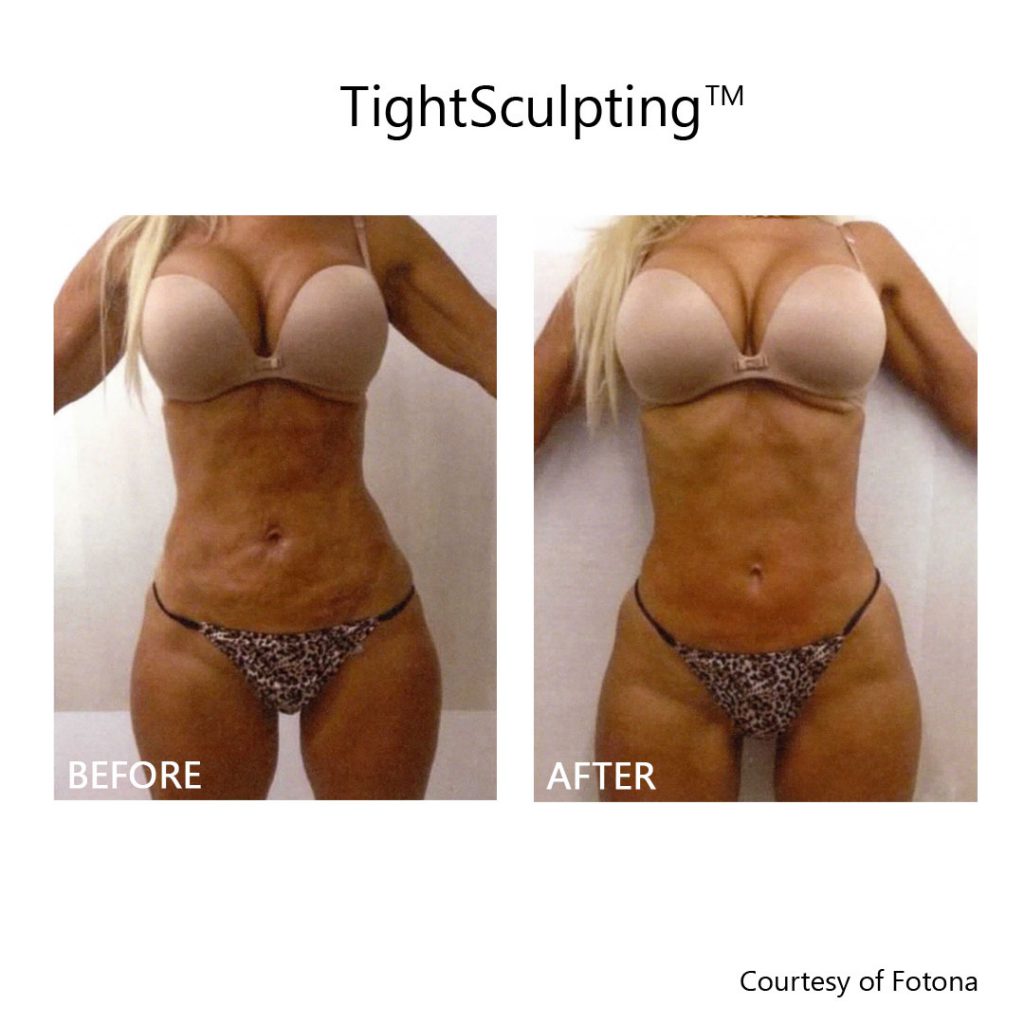As an Amazon Associate, I may earn a commission from qualifying purchases. Please note that you are never charged any extra for that.
Laser skin tightening treatments use different types of lasers such as infrared, radiofrequency, and ultrasound to stimulate collagen production and improve skin elasticity. If you’re looking to improve skin laxity or tighten loose skin, non-surgical laser treatments may be a good option.
With age, collagen production slows down, causing skin to sag and lose elasticity. Luckily, different types of lasers can help stimulate collagen production and improve skin’s appearance. Infrared lasers penetrate deep into the skin, while radiofrequency and ultrasound lasers heat up the skin’s deeper layers to boost collagen production.
The result is firmer, tighter skin without the downtime or risks associated with surgery. However, it’s important to consult with a qualified healthcare provider to determine the best laser treatment for your individual needs and skin type.

Credit: prasadcosmeticsurgery.com
Table of Contents
The Science Behind Skin Tightening Lasers
Collagen is essential for skin elasticity, but as we age, collagen production decreases. Laser therapy stimulates collagen renewal by producing heat, which leads to tighter skin. There are various types of lasers used in skin tightening, including co2 and erbium.
Co2 works by removing layers of skin, promoting collagen growth. Erbium does the same but affects a smaller area, making it ideal for those with minor skin issues. Laser therapy is an effective skin tightening treatment that targets collagen renewal.
Different lasers produce different results, so it’s essential to consult with a specialist to determine which treatment is best for your needs.
Candidates For Laser Skin Tightening
Laser skin tightening is an ideal cosmetic procedure for those who want to enhance their appearance. However, skin type plays a crucial role in determining the effectiveness of laser therapy for tightening. Age is another important factor that contributes to candidacy for this procedure.
Other factors that can affect suitability for laser skin tightening include prior cosmetic procedures, overall health, and medical history. Potential candidates should consult with their physician to determine whether they are the right fit for this procedure. By understanding these various considerations, individuals can make informed decisions about their skin tightening goals and whether laser therapy is right for them.
Types Of Laser Skin Tightening Treatment
Laser skin tightening treatments have become increasingly popular in recent years. One of the most common methods is radiofrequency skin tightening which uses heat to stimulate collagen and elastin production for firmer skin. Another popular technique is infrared skin tightening, which works by heating the skin’s inner layers to strengthen collagen fibers.
Ultrasound skin tightening is another popular method. It uses sound waves to trigger collagen production and tighten skin. All three types of skin tightening treatments have their own unique benefits and can help improve the appearance and firmness of the skin.
It’s important to talk to a licensed skincare professional to determine which method is best for your skin concerns.
Laser Skin Tightening Safety, Risks, And Costs
Laser skin tightening is becoming increasingly popular for those seeking a non-invasive way to rejuvenate their skin. While generally safe, there are certain risks involved with the procedure. These can include skin burns and temporary side effects. It’s important to understand how these risks may be influenced by pre-existing medical conditions or interactions with medications.
Additionally, cost considerations must be taken into account before making a decision. The average cost of laser skin tightening can vary depending on several factors, such as the size of the targeted area and the number of sessions required. It’s important to speak with a trusted medical professional to determine if laser skin tightening is right for you.
Frequently Asked Questions Of What Lasers Are Used For Skin Tightening?
What Types Of Lasers Are Used For Skin Tightening?
Lasers used for skin tightening are infrared, co2, and radiofrequency lasers.
Is Laser Skin Tightening Safe?
Yes, laser skin tightening is a safe and non-invasive procedure with minimum risks.
Does Laser Skin Tightening Hurt?
The procedure is not painful, but you may feel some slight discomfort during the treatment.
How Long Does Laser Skin Tightening Last?
The effects can last up to 2 years, depending on the patient’s age, skin type and lifestyle.
How Many Laser Skin Tightening Sessions Are Needed?
The number of sessions depends on the patient’s skin condition and goals, but typically 3-6 are needed.
Who Can Benefit From Laser Skin Tightening?
Anyone looking to improve their skin’s firmness, smoothness and texture can benefit from laser skin tightening.
Are There Any Side Effects Or Downtime With Laser Skin Tightening?
Minor redness, swelling, and itching may occur after treatment, but there is no downtime.
Conclusion
As we wrap up our discussion on the lasers used for skin tightening, it’s safe to say that there are multiple options available in the market. Whether you choose to opt for ablative or non-ablative procedures, it’s crucial to consult an experienced dermatologist.
With advancing technology, the demand for flawless, youthful skin has only increased. Lasers have become a popular choice due to their effectiveness and minimal downtime. However, before deciding on a treatment, it’s important to understand the potential risks and benefits and make an informed decision.
Laser skin tightening is a safe and effective way to achieve tighter, firmer, and more youthful-looking skin. With the right choice of laser and a skilled practitioner, you can have the confidence to flaunt healthy, rejuvenated skin. Don’t wait any longer; schedule a consultation with your dermatologist today.
Leave a Reply